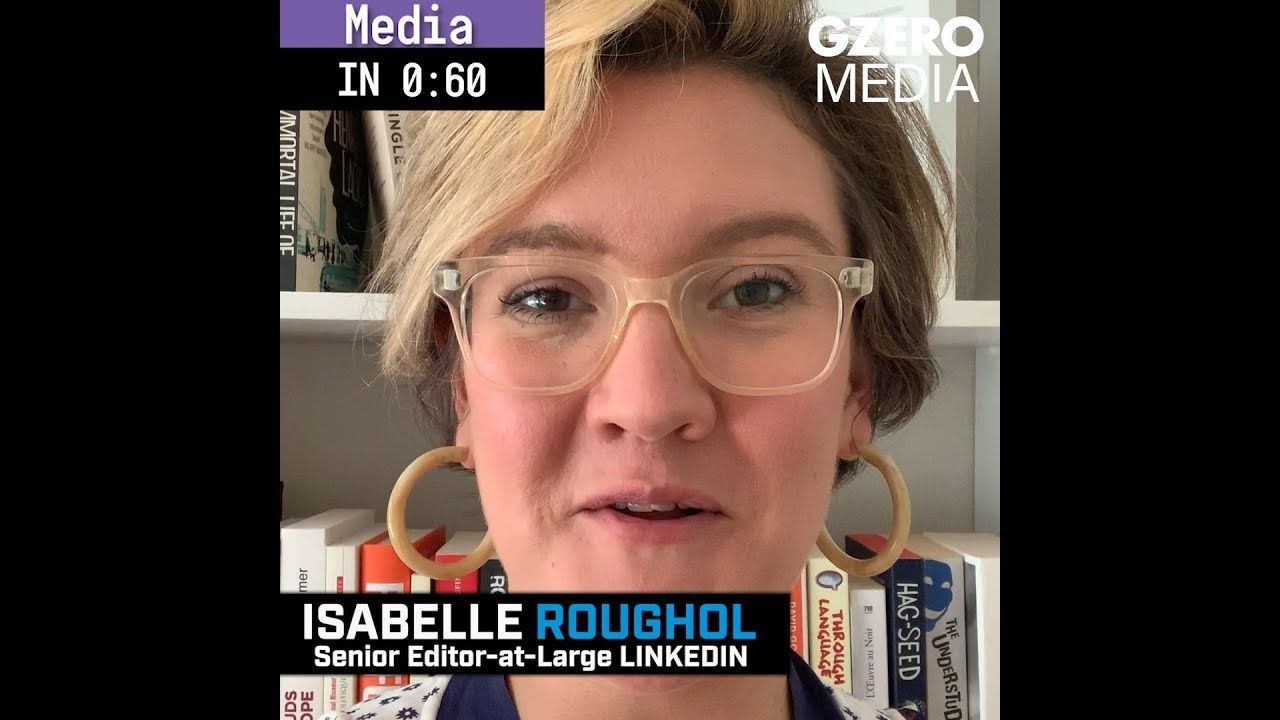
Should journalists always publish leaks?
No, of course not. And they usually don't. There's really a lot of criteria that you're looking at, like for any story. First, is it legal in the way that information was obtained and to publish that information? It is in most countries, most jurisdictions. But you do want to make sure and if not that you have good reason to do what is essentially civil disobedience. Is it safe? There are reasons, national security especially, not to publish information sometimes. Then you want to look at the source and the information. Is it reliable? Is it verifiable? Is it newsworthy? Is it even a story and is it in the public interest to publish it? And then you want to look at the broader context.
You want to make sure that you're not being used to further anyone's political agenda, unknowingly. And if you are, at least be so knowingly and with full transparency to your readers if you consider that publishing that information to the public interest of it overrides that concern. And because I know that with this question you're getting at the leak that ousted the U.K. ambassador to the U.S. You want to be sure that you yourself do not have a political agenda as well. And I'll leave it at that.